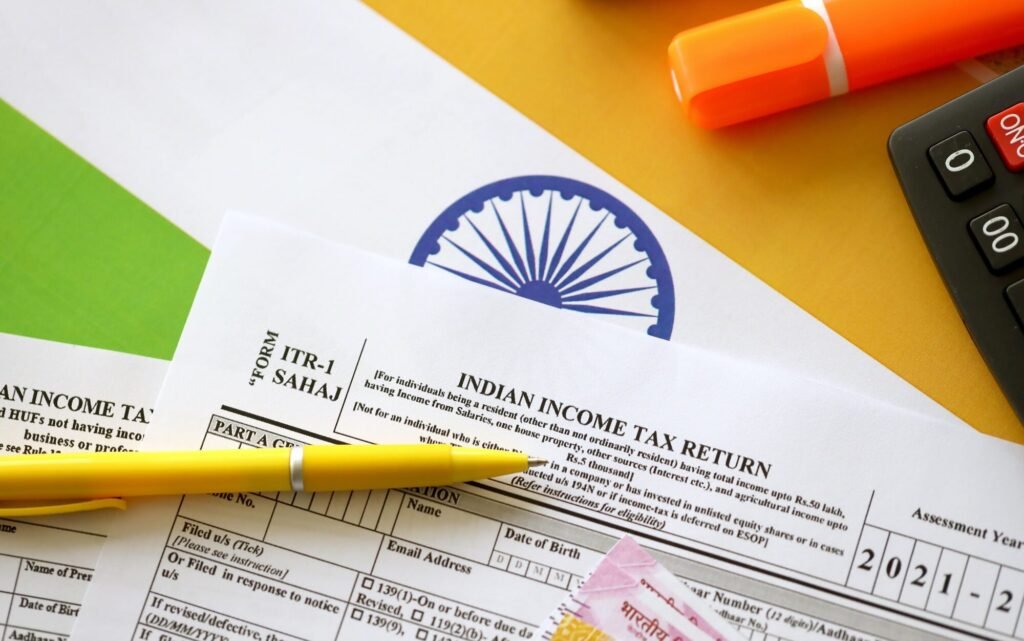Tax planning is a crucial aspect of personal finance management, helping individuals and businesses reduce their tax liabilities within the framework of the law. Two important concepts in this realm are tax exemptions and tax deductions. While both mechanisms serve to lower your taxable income, they function differently. This article elucidates the differences between tax exemptions and tax deductions under the Indian Income Tax Act.
ITR Filing Starts @ Rs. 499/-
Tax Exemption
Tax exemption refers to income that is not subject to tax. It essentially means certain types of income are excluded from your total income, reducing the overall tax liability. Tax exemptions are typically provided to promote certain economic activities or to offer relief to specific sections of the population.
Common Examples of Tax Exemptions
- House Rent Allowance (HRA):
- Employees receiving HRA can claim exemption under Section 10(13A) if they live in rented accommodation.
- The exemption amount is the minimum of:
- Actual HRA received
- 50% of salary (for metro cities) or 40% (for non-metro cities)
- Rent paid minus 10% of salary
- Agricultural Income:
- Under Section 10(1), income earned from agriculture is exempt from tax.
- Gratuity:
- Gratuity received by an employee on retirement or termination is exempt under Section 10(10).
Tax Deduction
Tax deduction, on the other hand, refers to specific expenses that can be deducted from your gross income, thereby lowering the taxable income. These deductions are often provided to encourage savings, investment, and expenditure in certain areas.
Common Examples of Tax Deductions
- Section 80C:
- Deduction of up to ₹1.5 lakh for investments in instruments like PPF, NSC, ELSS, and life insurance premiums.
- Section 80D:
- Deduction for medical insurance premiums paid for self, spouse, children, and parents, up to ₹25,000 (₹50,000 for senior citizens).
- Section 24(b):
- Deduction on home loan interest for self-occupied property up to ₹2 lakh per annum.
Key Differences
| Aspect | Tax Exemption | Tax Deduction |
|---|---|---|
| Definition | Income not subject to tax | Specific expenses subtracted from gross income |
| Purpose | Exclude certain incomes from tax to provide relief/promotion | Encourage specific expenditures and savings |
| Application | Applied before calculating total income | Applied after calculating gross income |
| Examples | HRA, Agricultural income, Gratuity | Investments under 80C, Medical insurance under 80D, Home loan interest under 24(b) |
Conclusion
Both tax exemptions and tax deductions are integral parts of tax planning, helping taxpayers reduce their liability. Understanding the nuances between them enables better financial planning and ensures optimal use of available tax benefits. Always refer to the latest provisions of the Income Tax Act or consult a tax professional for personalized advice.
Disclaimer
This article provides a general overview and is not a substitute for professional tax advice. Tax laws are subject to change, and it’s essential to stay updated with the latest regulations or consult with a tax expert.
By grasping the differences between tax exemptions and tax deductions, taxpayers in India can make more informed decisions and maximize their savings under the Income Tax Act.



